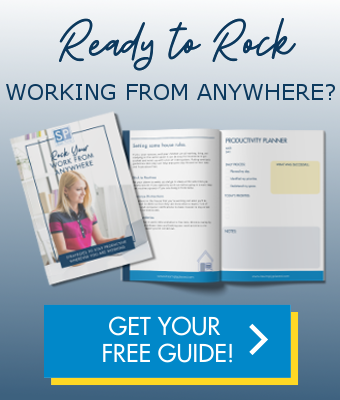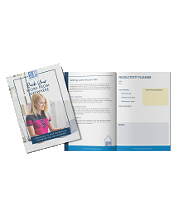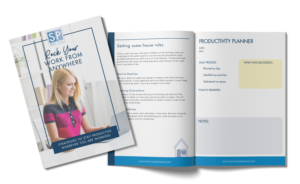
We are pleased to bring this guest post to you, written by Stacy Fisher- Gunn …
Creating a culture of self-care can improve team collaboration, productivity and performance. While most of us inherently understand the benefits of staying well, self-care continues to be a powerful, yet underutilized, tool in the workplace. Self-Care is a preventive health strategy involving actions and behaviors that improve, restore, or maintain good health. And for those who may be managing existing conditions, it also includes preventing disease progression.
These days we’re all working longer hours and processing more information than ever before, but that hasn’t necessarily made us more productive. In fact, sitting for long periods of time, not taking regular brain breaks, eating food that isn’t nourishing, and not properly managing our time and tasks can result in poor performance, leaving teams less effective and organizations less successful.
The good news is that leaders carry more influence than they may realize. They set the tone, pace, and to a large degree, the culture of their teams. They communicate expectations, priorities and deadlines to ensure team success.
Here are five ways you can better support your team to optimize performance:
1. Schedule walking meetings. Incorporating physical activity into the workday provides you and your teammates with more opportunities to mentally recharge. Stepping away from the familiar office environment (and its often tedious routines) can also spark creativity. Brain breaks, which are commonly used in educational settings, have been shown to enhance problem-solving and group collaboration. Likewise, body movement also helps prevent ergonomic issues, such as back and shoulder pain—which can require medical attention if left unchecked. In 2014, Dr. James Levine coined the expression “sitting is the new smoking” to point out the serious health impacts that come with sedentary lifestyles. Finding creative ways to encourage physical activity at work helps build stronger teams.
2. Shorten meetings (or end them early). Unnecessary or inefficient meetings are a common complaint. That’s why ending meetings early, even if it’s just by five minutes, can make a big difference. With back-to-back meetings becoming far too common, it can be a challenge to answer critical emails, finish time-sensitive projects—or, yes, even use the restroom. I know an executive who shortened his one-on-one meetings from 60 minutes to 30 minutes, and found that it was a much more efficient use of time. Employees arrived more prepared and conversations stayed on topic. Review your team meeting schedules regularly and make sure each one is absolutely necessary. Ask for team input on meeting agendas and structure, and consider canceling meetings altogether if there isn’t a pressing topic to discuss.
3. Respect employee lunch breaks. Help your team stay properly nourished (emotionally and physically) by encouraging them to leave their workspace at lunch. Desktop dining has been associated with poor food choices, weight gain, and foodborne illnesses. Many employees have admitted they feel obligated to eat at their desk, since taking breaks is sometimes seen as being lazy. This is especially difficult when their colleagues habitually eat at their desks, appearing to be more dedicated than those who take time away. Take your lunch break away from your desk, and encourage your employees to do the same.
4. Order healthy snacks and lunches for meetings. Sugary, high-fat foods interfere with productivity. Employees who are half asleep aren’t well prepared to solve challenging problems or collaborate effectively on projects. Skip the donuts and order fresh fruits, vegetables, yogurt, nuts, lean meats, and whole grains for team meetings. Staying fueled with healthy food is essential for critical thinking.
5. Set an example by setting boundaries. Do you routinely answer emails at 2 AM? If so, then chances are your employees do too. They probably feel obligated, even if it isn’t implicitly asked of them. Expecting employees to be available around the clock has become normal in many work environments, but that isn’t necessarily a good thing. Lack of sleep, neglecting family commitments, and high levels of stress for prolonged periods of time can reduce employee effectiveness. It can leave even the most driven employees feeling they have nothing left to give. Rewarding busyness not only stifles creativity, it can also lead to unintended health consequences and time away from work. Setting boundaries with your own time sets the tone for your team’s habits as well. What kind of example are you setting?
Is it time to redefine your workplace culture? What small changes can you make to model self-care in your own day-to-day routine?
Stacy Fisher-Gunn is a self-care coach, author, and founder at www.LivingUpp.com, a self-care community that empowers people to take reclaim their health so they can make a meaningful contribution to the world.






